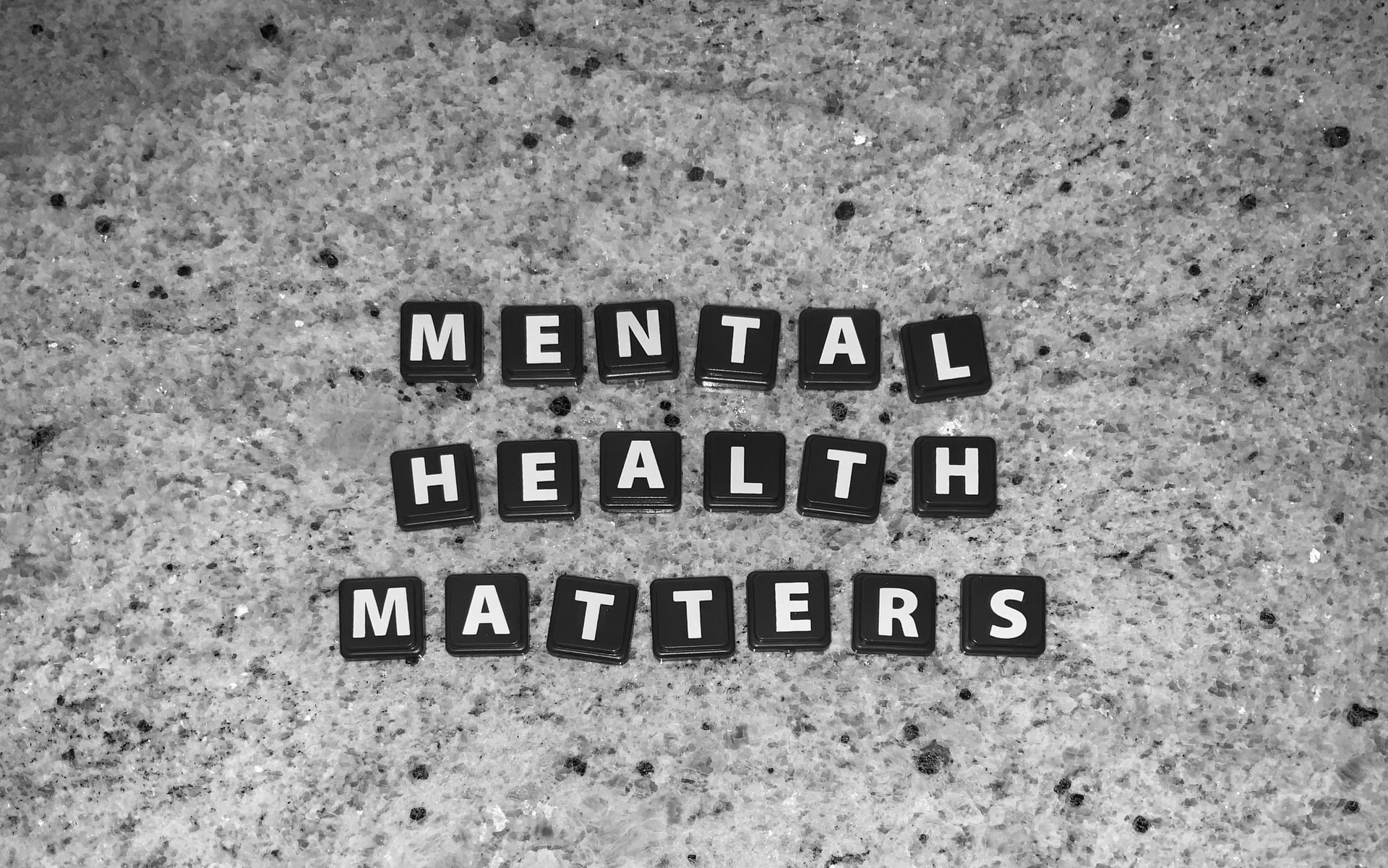I had a rather shocking, but welcoming surprise last week. What has commonly been referred to in the therapy community as complicated grief has now been recognized as a real mental health condition. It is called prolonged grief disorder (read more here) and was recently entered into the Diagnostic and Statistical Manual of Mental Disorders (DSM-5). The symptoms have been defined and classified by the American Psychiatric Association (APA), which you can read more about here.
In short, the DSM is the handbook used by clinicians and psychiatrists in the United States to diagnose psychiatric illnesses. It covers all categories of mental health disorders for adults and children, including anxiety, depression, OCD, addictive and eating disorders. Why is this so important to point out?
Continue reading “What the (*) ? I now have 2 disorders. Prolonged Grief Disorder just became a real thing!”

